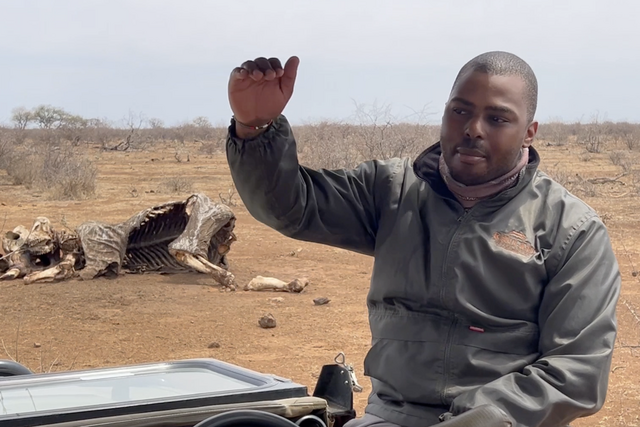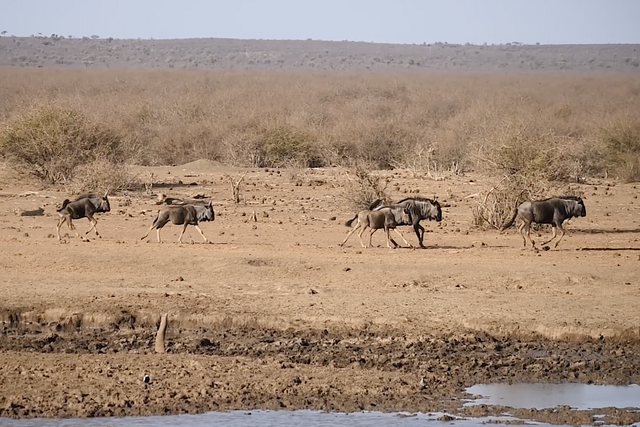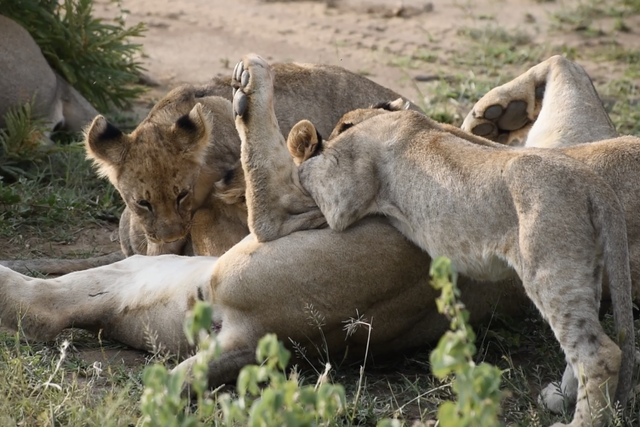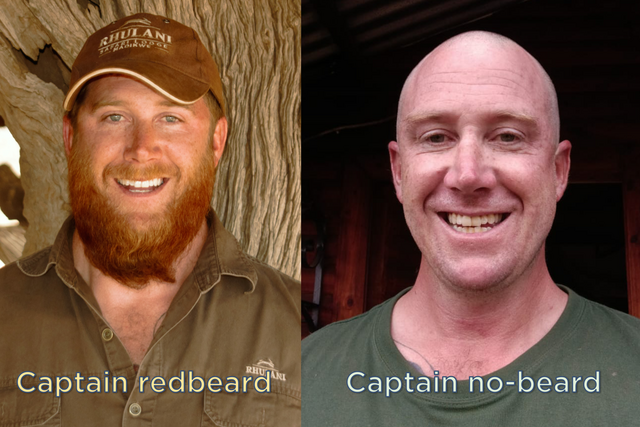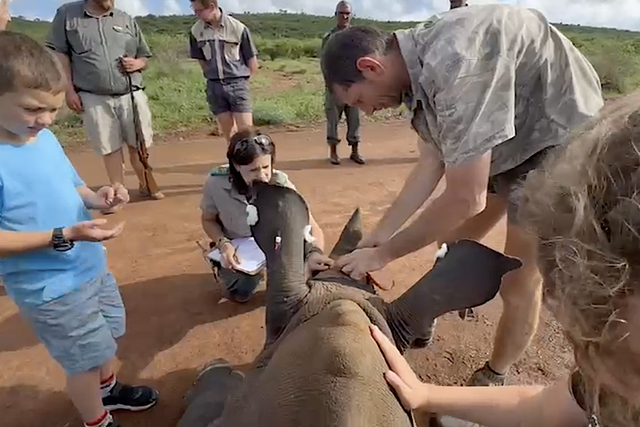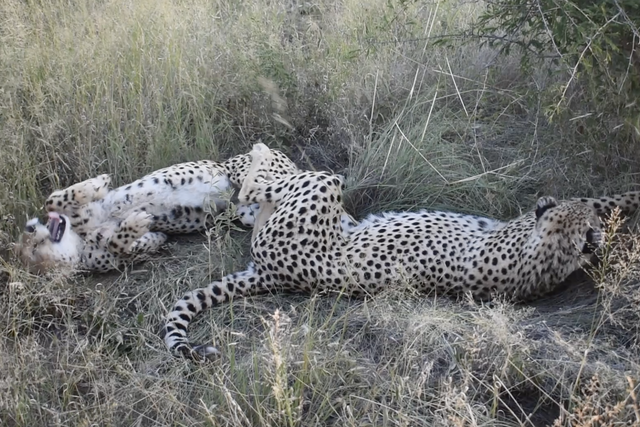It is one of the saddest topics that South Africa has to deal with, and it does not stop at Madikwe’s fence. From the nation's enormous number of poached rhinos in 2015, a few of them occurred in our reserve. Thanks to rigorous measures and an excellent park management the number of incidence has thankfully been reduced in the last years.
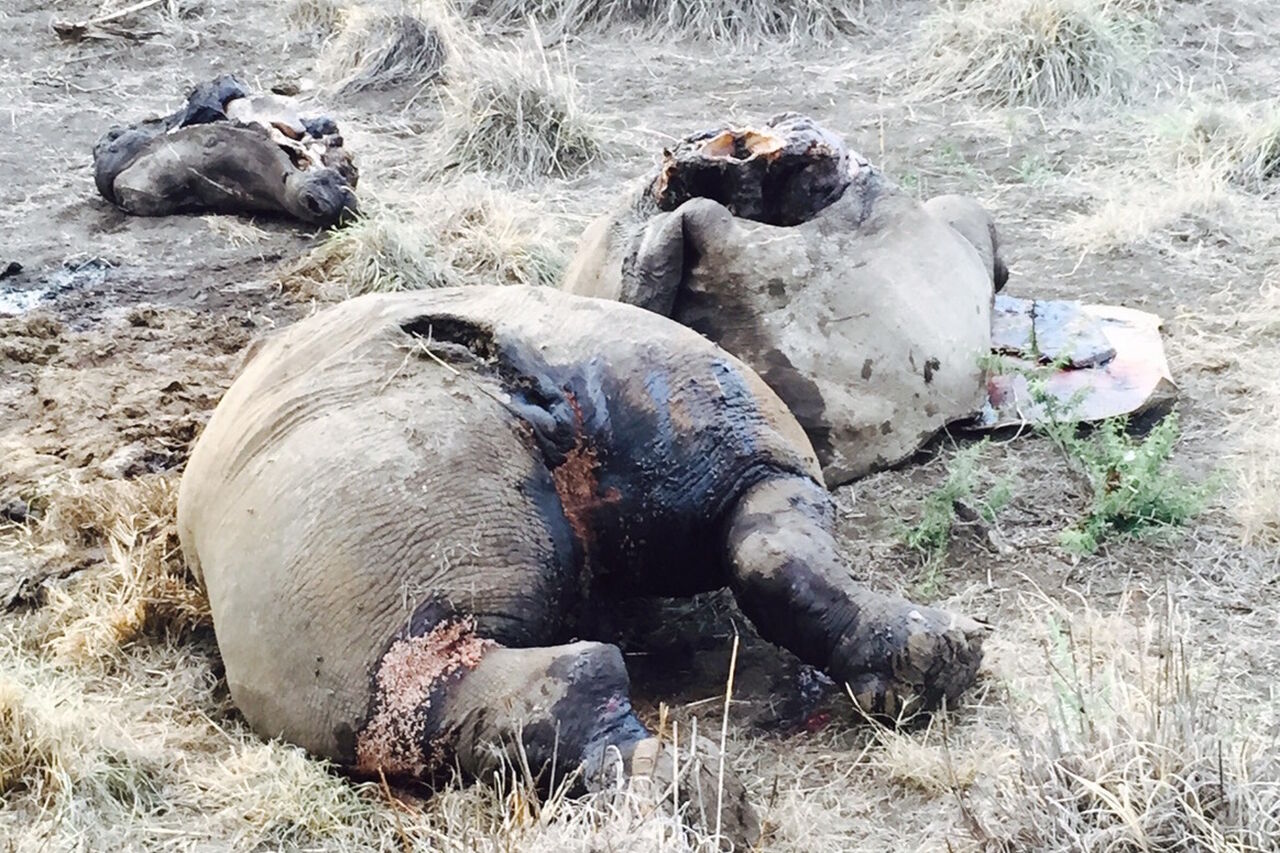
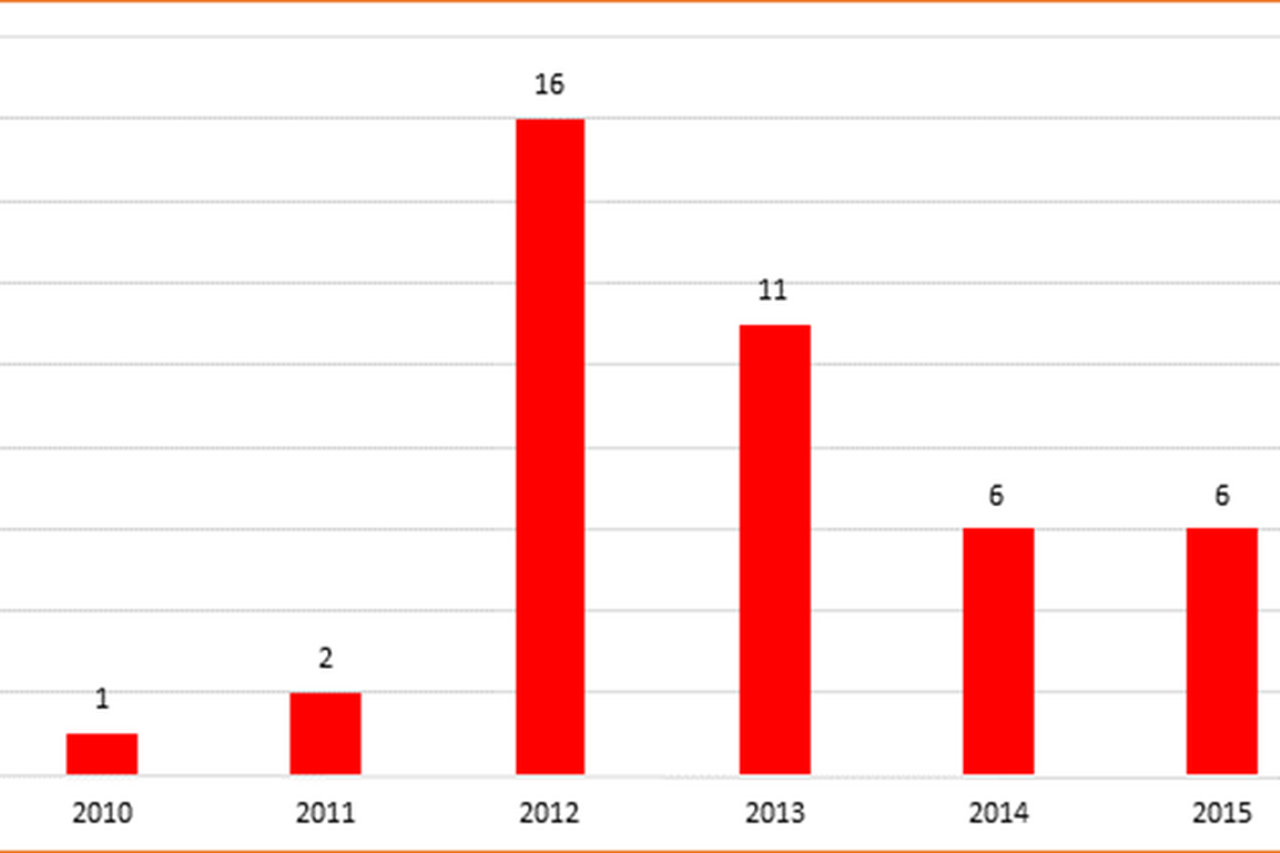
Sometimes our guests ask themselves, whether this quiet, peaceful place that seems to be heaven on earth is a safe island, and whether thanks to the fence around the reserve and the strict entry controls the rhinos are protected. Sadly enough, they aren’t. Last year, 1,175 rhinos were killed in South Africa for their valuable horn, which means 40 less than the previous year but still means that more than 3 rhinos died on average per day. Six of them died in Madikwe. "About a month ago we had an incident, and our guests during their game drive witnessed a bitter reality," says Rhulani's Manager Gerda Kubirske. The dead body of the poached rhino was lying in the grass. Is it not better to keep this reality as confidential and hide it from our guests?
“While some aspects relating to poaching in Madikwe are kept confidential for investigation purposes we do not hide the fact that poaching is occurring in the park”, says Declan Hofmeyr, Operations Manager at Madikwe Game Reserve. “We are also keen to promote success and improved security efforts in that while poaching in the country and Africa increases we have managed to bring it down and stabilize it in the last few years.”
If our guests become ambassadors for protecting our rhinos, we have achieved an important objective.Gerda Kubirske, Rhulani's lodge manager
This success is the result of a rigorous approach, excellent personnel and professional training of Madikwe's anti-poaching unit. “We attribute this to increased manpower and an improved skill set”, says Hofmayr. "Our objective for 2016 is obviously to have zero poaching but also to get more cases to court and acquire outstanding equipment needed such as radios, vehicles, new uniform or personal kit.”
The anti-paching unit operates 24 hours a day. The training takes place periodically under military rigor. A video showing the training was published on Youtube (watch here).
Gerda Kubirske says: “While we would prefer not to talk about this topic, if our guests are aware of it and become ambassadors for protecting our rhinos, we have achieved an important objective.”
